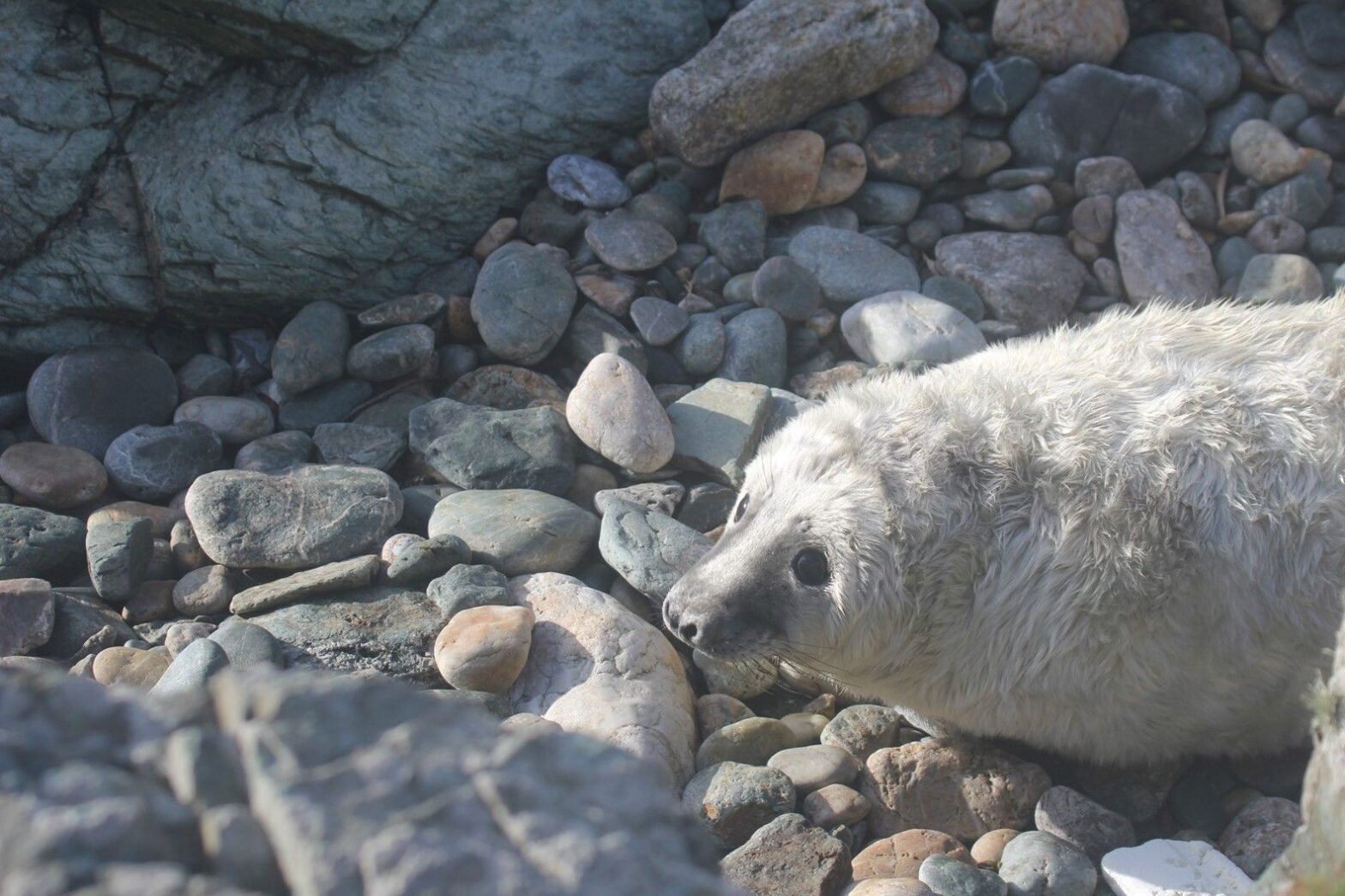Watching Marine Wildlife with Kindness
Here are some useful tips to bear in mind, if you encounter marine wildlife such as seals, whales, or dolphins this summer.
- Watch wildlife from a distance. If the animals are looking at you, they are aware of your presence and you may be disturbing them. If they move away or respond aggressively, you may be frightening them.
- If you go wildlife watching on a boat, go with an accredited operator who should be displaying a sign showing which body has accredited them as wildlife-friendly. Talk to them about how they are helping to keep the animals safe.
- OceanCare does not generally recommend swimming with marine animals. There is a risk of injury and/or disease transmission for both animals and people.
- If you see fast moving vessels chasing marine animals, you should report them to the authorities. In most parts of the world, marine wildlife is protected by law.
- Use your own boats, jet skis and other vessels responsibly. Don’t get too close to the animals and don’t drive or chase them.
- Don’t disturb wildlife with drones or other unmanned aerial devices.
- If you are worried that an animal is unwell or a youngster is abandoned, call the appropriate rescue authorities[1]. Inappropriate action, for example taking a seal pup off a beach or returning a turtle to the sea, can do more harm than good.
- Marine animals can bite, butt and scratch! They are not tame and may feel threatened if you get too close.
- Do not feed marine wildlife. Animals can find their own food and you may feed them something which is not part of their natural diet.
- Keep dogs and other pets away from marine wildlife – there is a risk of disturbance, injury and disease transmission.
- Rubbish can harm marine wildlife if they eat it or get entangled in it – dispose of your litter responsibly.
In summary, please be respectful and don’t crowd, touch, feed or chase marine animals. Call on the appropriate authorities if something seems to be wrong!
Additionally, OceanCare strongly advises against visiting dolphinaria or other facilities displaying dolphins and whales.
[1] Who the relevant authorities are varies between countries, but most nations have one or more organisations dedicated to animal welfare which can quickly give advice and, in some places, there are organisations dedicated to responding to marine animals in trouble, such as OceanCare’s partner British Divers Marine Life Rescue: https://bdmlr.org.uk/
Whale Watching Handbook
There is a whale watching handbook which describes best practice produced by the International Whaling Commission (IWC) and the Convention for the Conservation of Migratory Species (CMS): https://wwhandbook.iwc.int/en/ (also available in French and Spanish).
Examples of wildlife watching codes and guidance:
- National
- Marine and Coastal Wildlife Code: Advice for Visitors (UK)
- The Scottish Marine Wildlife Watching Code (Scottish Natural Heritage)
- NOAA: Wildlife Viewing Guidelines (USA)
- NOAA Viewing Marine Life (USA)
- Be Seal Wise (Government of Western Australia)
- Sharing our coasts with marine mammals (Department of Conservation, New Zealand)
- Regional
- Code of Good Conduct for whale watching in the Mediterranean Sea (Pelagos Sanctuary)
- Be Whale Wise. Give Whales Space (North America)
- Non-governmental organisations
- Seal Alliance: Watching Seals Well
- BDMLR: What to do if you find a seal/a stranded whale, dolphin or porpoise…
